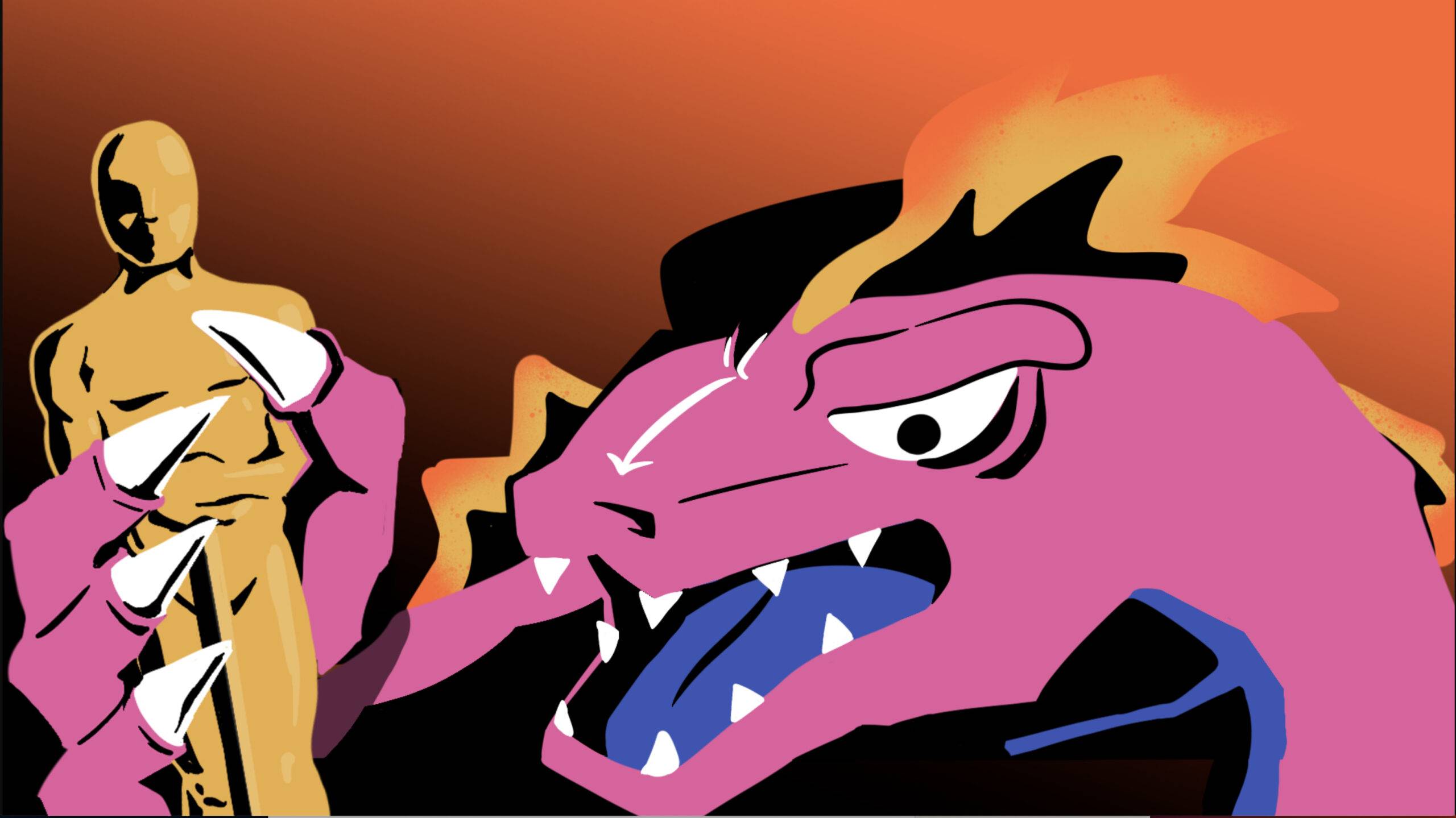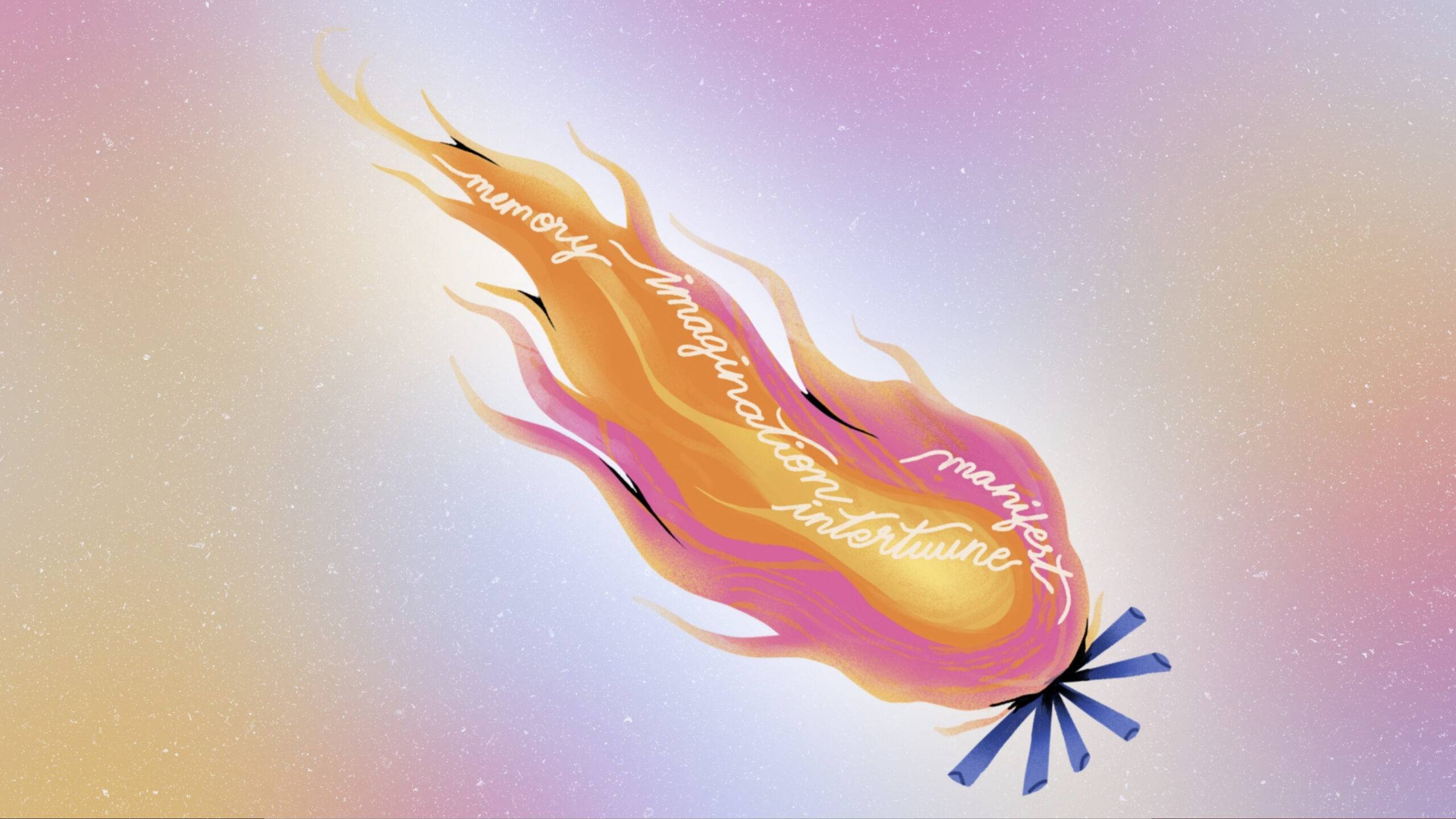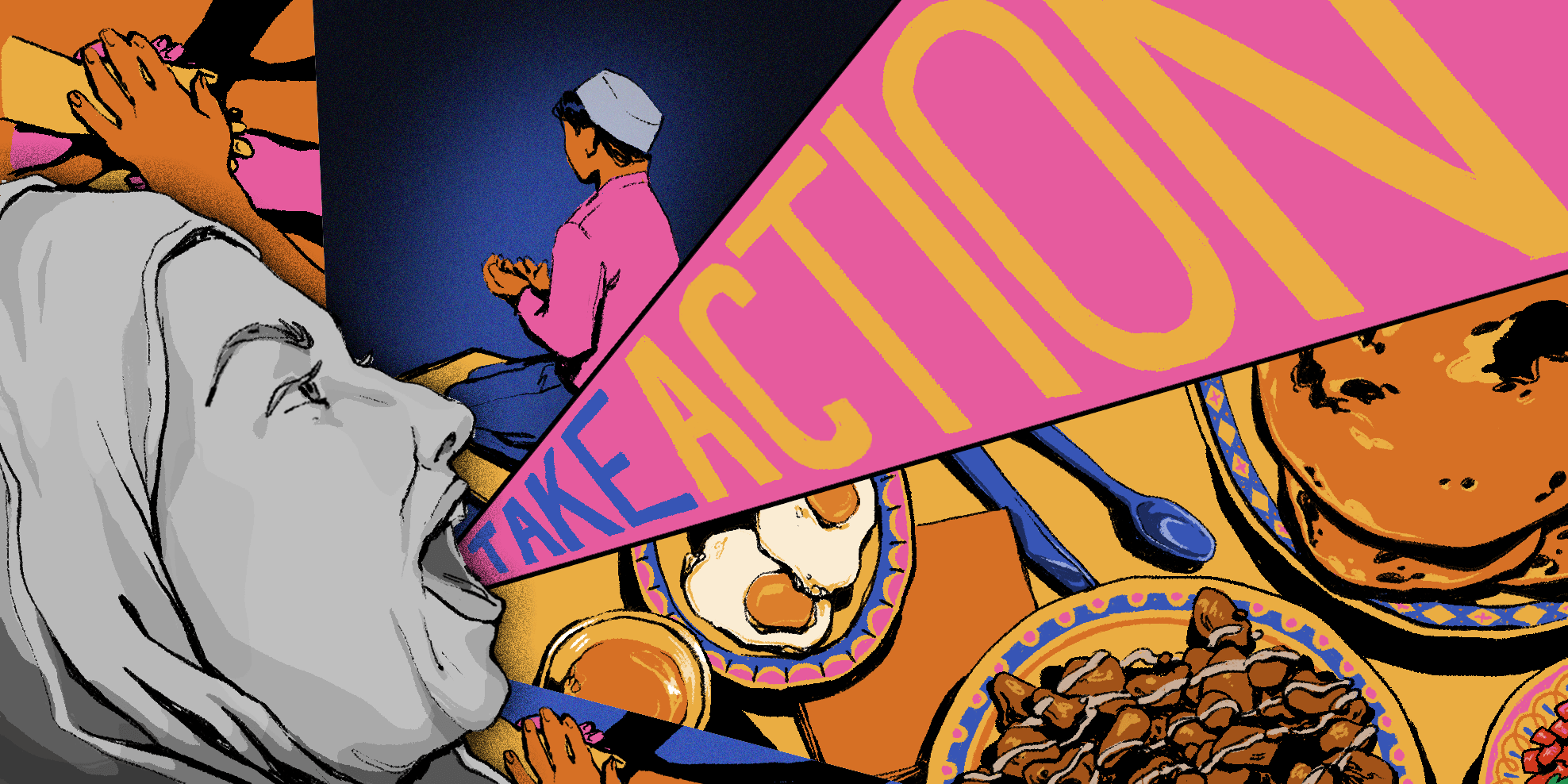When a new TV series comes out featuring lesbian leads, I, like many queer folks, have learned that chances are the series will be canceled after one or, maybe, just maybe, two seasons: Netflix and other streaming services are filled with a pantheon of Schrödinger’s lesbians.
In the summer of 2022, Netflix’s brand new teen-lesbian-vampire-romance “First Kill” was in the Global Top 10 list of TV shows for three weeks straight and during those weeks amassed 97.66 million hours of watch time. The first season ended with “Romeo and Juliet”-esque lovers separated and heartbroken while an army of monsters was rising; all the pieces were in place for an exciting, heart-wrenching, and popular Season Two. But it did not matter how successful or popular “First Kill” was: it was canceled, and thus it joined the graveyard where shows starring queer women are buried by TV networks and streaming services.
As reporter Aimee Hart says in Gayming Magazine, “There may be more LGBTQ+ characters in TV and film than ever, but what good does it do for us if our stories are incomplete and never given the chance to fruition?” In 2022 alone, shows such as “The Wilds,” “Batwoman,” “The Imperfects” (which notably featured an asexual woman of color as a series lead), “Naomi,” “Gentleman Jack,” “Warrior Nun,” “Dead End: Paranormal Park,” “Work in Progress,” and “Paper Girls” were all canceled, many of which ended on cliffhangers and without a proper conclusion. Neither success nor a large fanbase mattered. 2022 was not an anomaly. Prematurely canceling shows with leading lesbian and queer women is an ongoing phenomenon. These shows from 2022 fit into a bigger picture that has been happening for years as we’ve seen with shows like “I Am Not Okay With This,” “Everything Sucks,” “Teenage Bounty Hunters,” “Glow,” and “Sense8.”
More and more it’s becoming clear that canceling lesbian-and-queer-women-based shows is a new evolution of the “bury your gays” trope. “Bury your gays” is a trope that emerged in stories across many genres in the early 20th century, and it is the phenomenon of queer characters written into stories only to then be killed off, essentially being punished for being queer. It’s a trope with a complicated history as it allowed for many early films and stories to feature queer characters so long as they were killed. But it has carried into the modern era, especially when it comes to characters that are lesbians or bisexual women.
We can trace the roots of lesbian characters denied happy endings to the lesbian pulp novels of the 1950s and 1960s. This was a time when homosexuality was criminal, gay and lesbian bars were often raided by the police, and sexuality was increasingly politically charged. While radio, films, and television were caught up in staying moral, cheaply made paperback novels thrived on taboos, often sexual. There was an entire market of stories, often over-the-top and clichéd, of women exploring the dangerous world that was queerness. But as obscenity laws were put in place by both the U.S. and Canada, and conservative lobby groups such as the National Organization for Decent Literature worked their magic to control this kind of content, lesbian pulp novels came to have a very common trend: ending in tragedy.
Queer stories do not need to be tragic ones. Queer stories need to be given the space and funding to be told in full, not left frozen in a climatic moment for eternity. When Netflix canceled “First Kill,” the official reasoning was that the show “did not have the staying power of most Netflix hits.” What is staying power really? For millennia, all the way back to Sappho’s songs, queer women have been telling stories, living their lives, and quietly surviving, despite Western stories’ propensity towards killing them off.
Even in the modern landscape of TV, there are some lesbian stories that survive this epidemic of cancellation. A number of shows have been able to confirm lesbian relationships by waiting until the final episodes to show their female leads being romantic. HBO’s massively successful “Euphoria,” starring Zendaya and Hunter Schafer, is a melting pot of sexual fluidity and teenage trauma. The British comedy-drama “Feel Good” which explores coming out, addiction, the early days of love, and gender identity was only given two seasons, but the second season was written to be a full-series ending instead of being canceled without notice. Similarly, animated series “The Owl House,” despite the disappointment of Disney denying the show a full third season due to it “not fitting the brand,” is wrapping up with three longer episode specials, giving their queer characters proper endings.
Though it may be hard to have faith, I sincerely believe we will eventually, slowly, see more complete, non-tragic, stories about queer women. And I truly hope Amazon Prime’s “A League of Their Own” (a show filled with queer women) is given a second season.






















